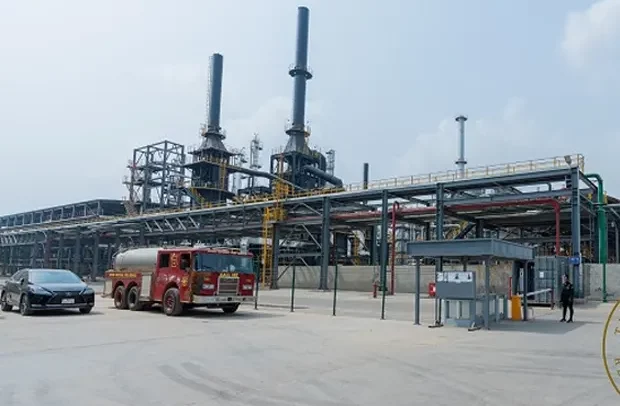The National Petroleum Authority (NPA) has responded to allegations made by the Institute of Energy Security (IES) and the Chamber for Petroleum Consumers (COPEC) regarding the quality of a consignment of petrol sold by Sentuo Oil Refinery Limited (SORL) to some Oil Marketing Companies (OMCs).
In its response, the NPA refuted the claim made by IES and COPEC that it is “playing soft” with SORL to the detriment of consumers and the state. It stated that it has consistently enforced industry rules and regulations in a fair and equitable manner.
Addressing another allegation made by IES and COPEC, the NPA clarified that SORL had been issued a test-run authorization in addition to the necessary construction permit. This authorization was granted based on a report by the NPA’s technical teams and external inspectors. It further clarified that a test-run permit allows a refinery to sell products that meet national standards.
However, during a monitoring and verification exercise conducted by the NPA on February 16, 2024, it was discovered that the petrol consignment in question exhibited vapor pressure above the maximum requirement set by the Ghana Standard for Petrol. Consequently, the NPA immediately ordered the suspension of the sale of the consignment at the refinery and directed the evacuation of the product from affected stations.
Contrary to the claims made by IES and COPEC that the out-of-specification products caused damage to vehicles and machinery, the NPA clarified that no such damage had occurred. The defect was found to be related to high vapor pressure.
In addition to the remedial actions taken, sanctions have been imposed on SORL by the NPA. The authority emphasized its commitment to ensuring the integrity and quality of petroleum products available to the public. It also assured the public of its unbiased enforcement of rules in the interest of consumers.
The NPA’s swift response and actions aim to protect the public from substandard petrol and reinforce its commitment to maintaining high standards in the petroleum industry.
By Vincent Kubi


